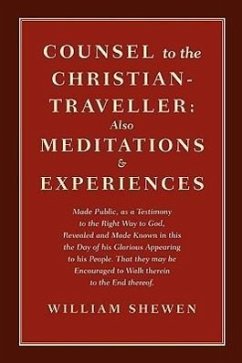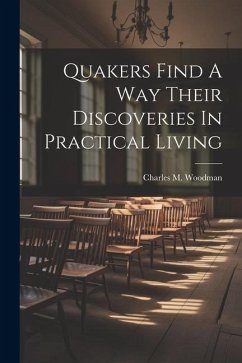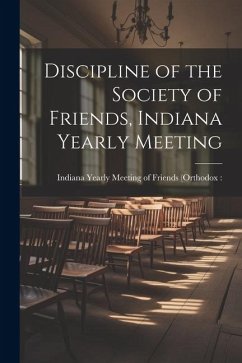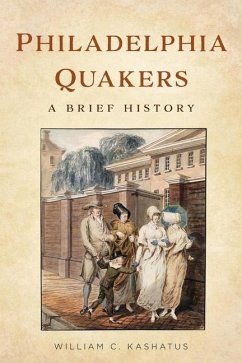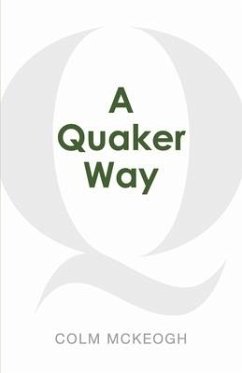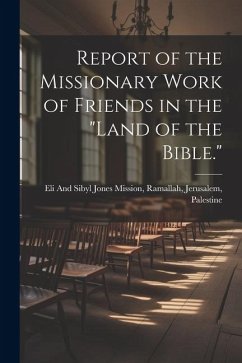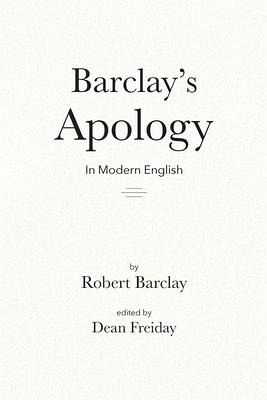
Barclay's Apology in Modern English
Versandkostenfrei!
Versandfertig in über 4 Wochen
23,99 €
inkl. MwSt.

PAYBACK Punkte
12 °P sammeln!
The Apology has always been the classic systematic statement of the Quaker faith. But the lucid prose of the original suffered the same hardening of the linguistic arteries that overtook the King James Version of the Bible. Obscure words and sentence structure have been eliminated in this edition, and the addition of annotations enhances the text.




